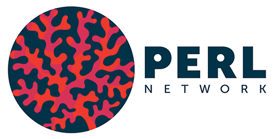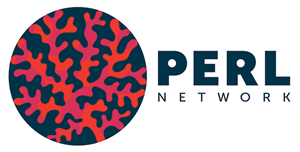Supporting Climate Resilience Research and Sustainability Strategies in the Pacific Islands
Pacific Ecology Research Laboratories Network provides outposts for science on the frontlines of global climate change.
Supporting Climate Resilience Research and Sustainability Strategies in the Pacific Islands
Pacific Ecology Research Laboratories Network provides outposts for science on the frontlines of global climate change.
The Urgent Need for Coral Reef Research
The Urgent Need for Coral Reef Research
The world’s coral reefs are under siege from climate disruption. Consecutive years of widespread coral bleaching have led to mass mortality on many reefs. As our planet experiences increasingly rapid human-induced environmental changes, a deeper, site-specific understanding of reefs and community interdependence is crucial to successful conservation and restoration efforts, and for stabilizing food production and fisheries. Perhaps nowhere in the world is that need more acute than in the reef‐dependent communities and economies of the Pacific Islands, where fisheries and aquaculture are vital to food security and economic stability.
The vast majority of Pacific Island reefs have barely been surveyed; many are practically unexplored and likely hold keys to successful adaptation strategies. As coral reef species differ from region to region, local research is desperately needed to ensure the success of regionally appropriate conservation and sustainability policy options.
PERL field stations provide room and board, office and laboratory space, conference rooms, telephone and internet access, research equipment, land and water transportation, local guides and dive support.
PERL field stations provide room and board, office and laboratory space, conference rooms, telephone and internet access, research equipment, land and water transportation, local guides and dive support.
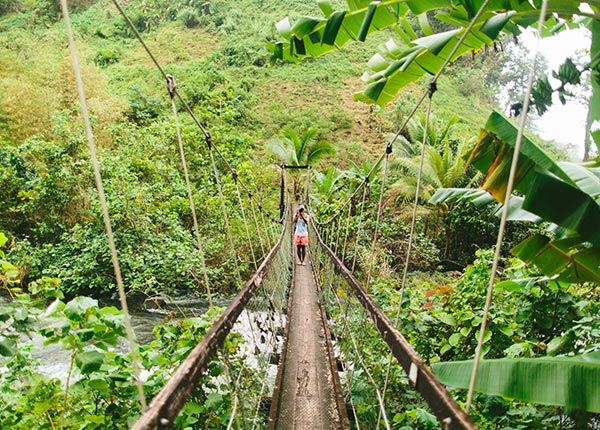
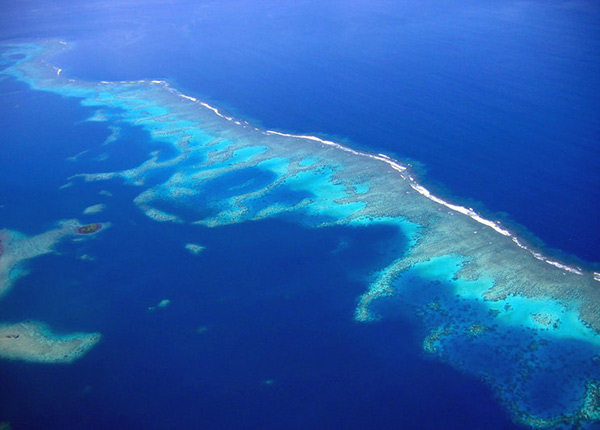
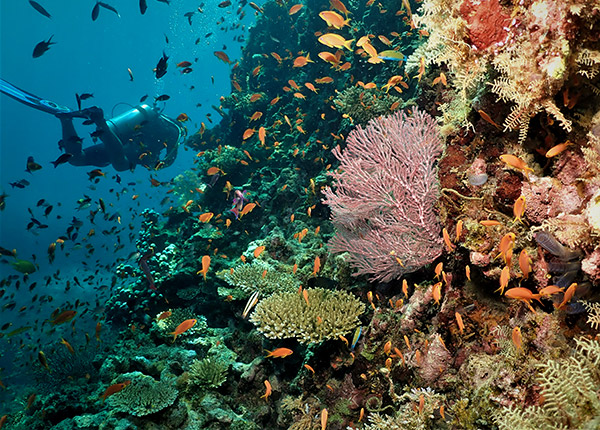
Rainbow Reef Field Station
Rainbow Reef Field Station
PERL Network’s planned flagship field station is located near the world famous Rainbow Reef on the remote and mostly undeveloped Natewa Peninsula off Fiji’s second largest island, VanuaLevu. The peninsula is home to healthy, diverse, and mostly unstudied coral reefs. It abounds with pristine coral reefs, healthy populations of reef fish, sharks, rays, turtles and resident pods of spinner dolphins.
Rainbow Reef field station will provide immediate environmental benefits by creating opportunities for university faculty, graduate, and postgraduate researchers to conduct long-term field studies on reef ecosystems. The Rainbow Reef field station will offer a local base of operations for Fijian and international conservation groups. These groups work cooperatively with traditional fishing rights holders on nearshore reefs, in assessing fisheries health, and creating fisheries management and monitoring plans. These plans often call for the creation of tabu areas (Marine Protected Areas). Tabu areas are proven to help sustain local fisheries and to maintain healthy reefs.
The Rainbow Reef field station will provide a local base of operations for Fijian and international conservation groups.
The Rainbow Reef field station will provide a local base of operations for Fijian and international conservation groups.
Research – Conservation – Education
Research Conservation Education
Community Support
Community Support
PERL Network offers environmental research and conservation internships to local youth–experiential opportunities that do not currently exist in many regions. Educators and college students based at the field stations are available for presentations in local primary schools. Field trips and station-based programs are also possible. PERL Network is establishing a marine science scholarship fund to help local youth, the region’s future reef and fisheries managers, to obtain higher education at the University of the South Pacific and other partner institutions. PERL also sponsors dive certification and other workshops for local community members.
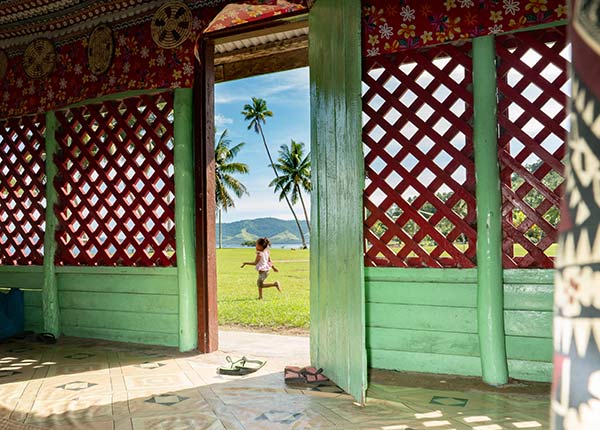
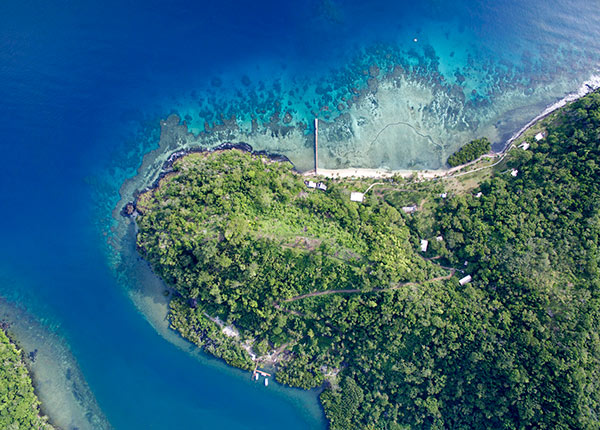
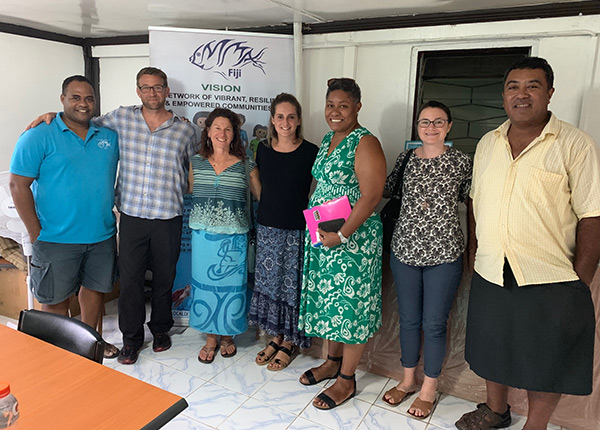
Ecotourism Partnership
PERL Network supports resort transitions into a deeper, regenerative model that works in harmony with people and place. While sustainability is predicated on doing no harm, regenerative design goes further—providing concrete, real benefits to community, land and sea—to leave things better than we found them.
Ecotourism Partnership
PERL Network supports resort transitions into a deeper, regenerative model that works in harmony with people and place. While sustainability is predicated on doing no harm, regenerative design goes further—providing concrete, real benefits to community, land and sea—to leave things better than we found them.
CONTACT:
Fredric Evenson, Executive Director | info@perlnetwork.org
